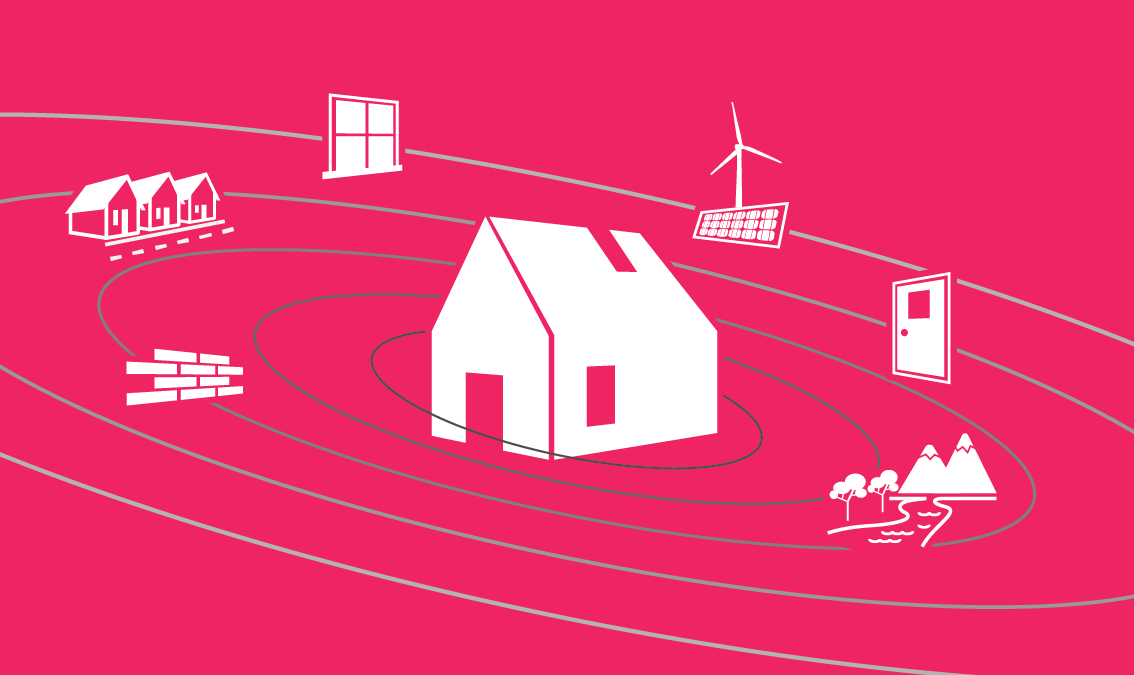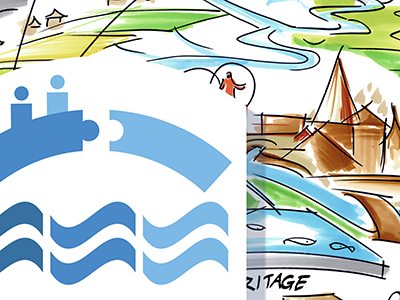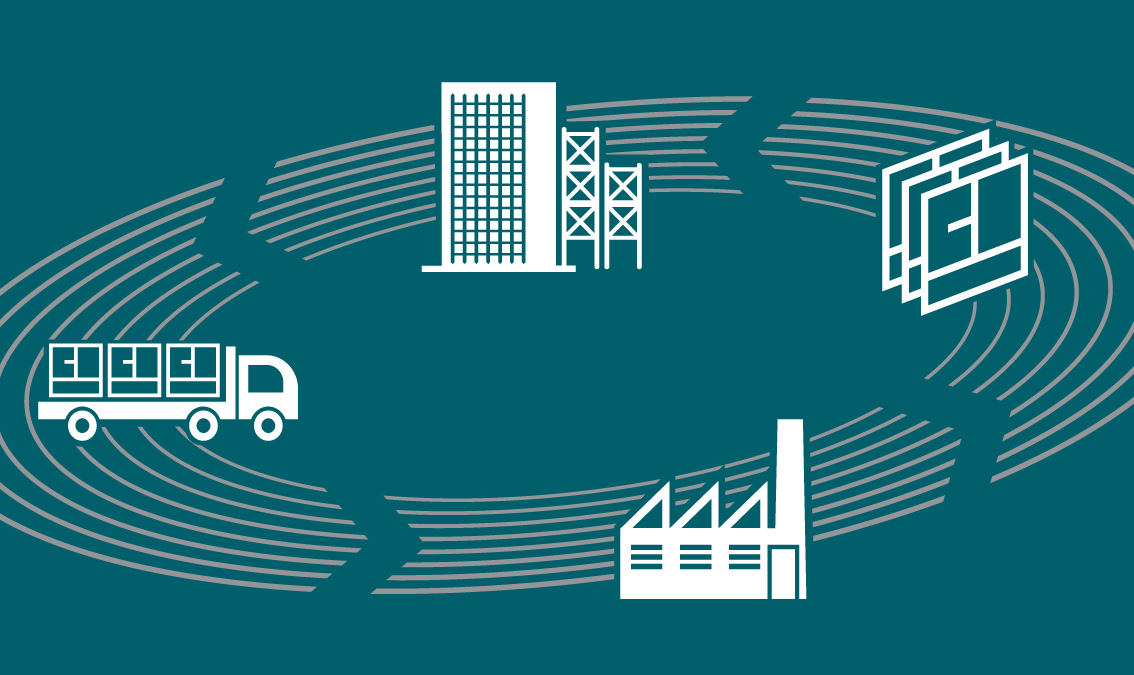6.1.4 Interested in following another course?
Course subject(s)
6. Wrapping up Façade design and engineering: complexity made simple

Circular Economy for a Sustainable Built Environment
Building construction is one of the most waste producing sectors. In the European Union, construction alone accounts for approximately 30% of the raw material input. In addition, the different life-cycle stages of buildings, from construction to end-of-life, cause a significant environmental impact related to energy consumption, waste generation and direct and indirect greenhouse gas emissions.
The Circular Economy model offers guidelines and principles for promoting more sustainable building construction and reducing the impact on our environment. If you are interested in taking your first steps in transitioning to a more sustainable manner of construction, then this course is for you! For more information, click here.

Water Systems Design: Learning from the Past for Resilient Water Futures
This new professional education course by Carola Hein, Hilde Sennema and colleagues will take you a few steps further in exploring the design and management of water systems by analyzing water systems of the past. You will create your own value case, reviewed by the instructors, in which you recognize social and cultural values as integral to developing future water systems.
This course is aimed for water management specialists who want to think outside the box and move towards designing long-lasting, resilient and sustainable water systems.
For more information, go to TU Delft Online Learning.

Expert Workshop on Reverse Logistics for Circular Building Products
The transition to a Circular Economy is increasingly urgent in the construction and built environment industries and pressure will grow on companies and individuals to find new roles within more circular and sustainable value chains. The establishment of reverse logistics for the recovery of materials provides great opportunities for new types of businesses and for value creation. They are also crucial if we want to meet circular economy objectives. This workshop will enable you to assess your product strategy in terms of circularity and specifically on the potential of reverse logistics and help you develop integrated strategies for reverse logistics within your business. For more information, click here.

Façade design and engineering: complexity made simple by TU Delft OpenCourseWare is licensed under a Creative Commons Attribution-NonCommercial-ShareAlike 4.0 International License.
Based on a work at https://online-learning.tudelft.nl/courses/facade-design-and-engineering-complexity-made-simple/



